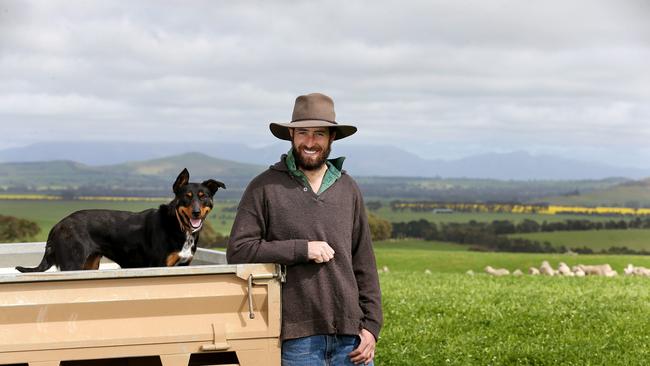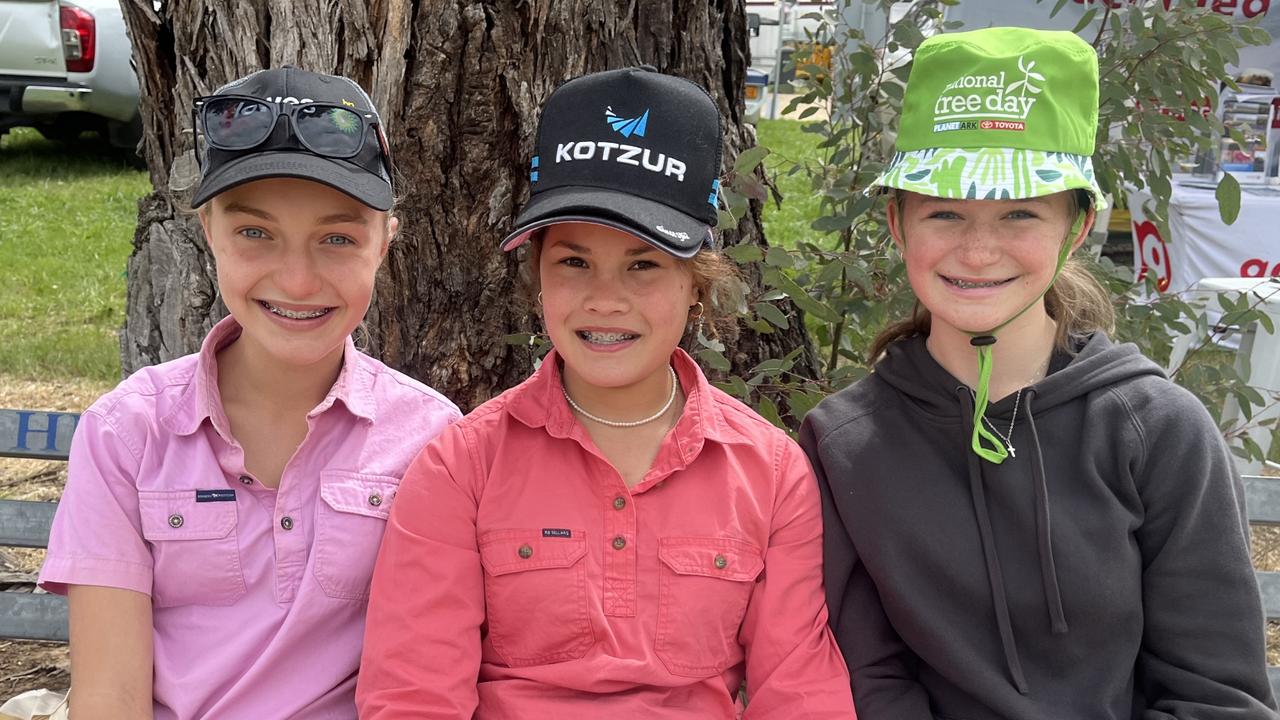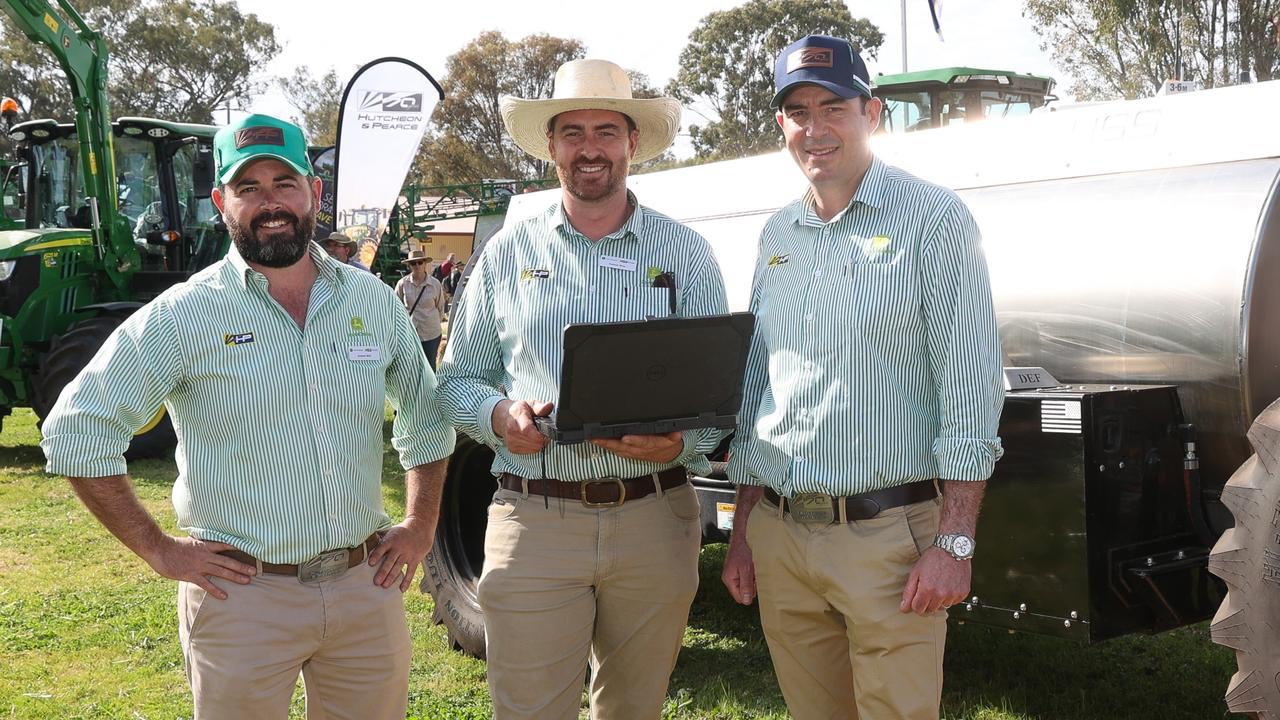Modifying sheep breeding practices important for Tatyoon farmer
IMPROVING efficiency and productivity in Merino breeding are key aspects to maintaining a sustainable enterprise.

IMPROVING efficiency and productivity in Merino breeding are key aspects to maintaining a sustainable enterprise.
That is according to Tatyoon sheep breeder Sean McDougall who this year has been involved in a Meat and Livestock Association trial to increase lamb survival rates from scanning to weaning.
Together with other members of the Willaura Best Lamb Best Wool group, Mr McDougall has reduced stock numbers per paddock to increase his lambing survival rate from 95 per cent last year.
“We’re reducing mob size and stock intensity, especially when twins are detected in pregnant ewes,” Mr McDougall said.
“The smaller mobs and the more feed you have on offer hopefully will be able to get a survival rate of about 150 per cent.
“Industry is probably aiming for 140 per cent but if we can increase that by 10-15 per cent that helps the profitability of the farm.”
He said the trial required the set up of several temporary fences to split paddocks up.
“It cost about $700 so it’s not much out of pocket if you can get a profit off it,” he said.

Mr McDougall’s 3000 Merino ewes are part of a mixed sheep, cattle and cropping farm that he runs with wife Leila and his parents.
Each year about 2000 ewes are joined to Merino rams and 800 to White Suffolks.
For the past four years he has used Coryule Merinos as part of his Merino breeding program.
The Coryule stud at Willowvale will sell rams during the Southern Victorian Merino Field Days.
Mr McDougall said the genetics produced good wool staple length which was important as he recently began shearing every eight months.
“We’re still trying to get a gauge on what we’re cutting at eight months but we’re happy with our wool cut and getting the right length of 70-80mm, which is what the buyers are chasing at the moment,” he said.
“It is sound wool and a good style, around 18 micron.”
Mr McDougall said he also looked for Coryule Merino genetics as they could withstand the 600mm long-term average rain at Tatyoon and structural soundness.
“Obviously they need to stand up to our climate in our higher rainfall area and they do,” he said.
“It has been wet this year and last, and they’ve produced good wool.”
He said it was pleasing to see lamb prices also at good rates as “550c/kg for young Merino lambs makes it a good enterprise”.
Mr McDougall said that as with the MLA lambing trial, he was continually trying to modify and improve his Merino breeding practices.
“There’s always something you can be doing to try to be better, which is what we’ve done for the past 10 years,” he said.
“The sheep industry has said they are taking on these challenges and improvements to try and increase profitability, especially with all the electronic tagging that’s coming in, it’s just a reason to be more productive.”


